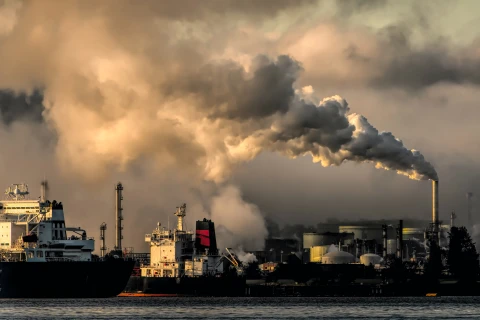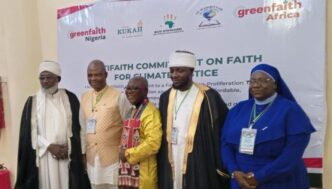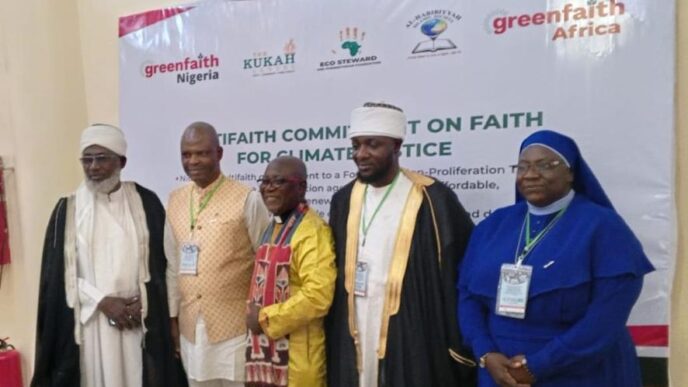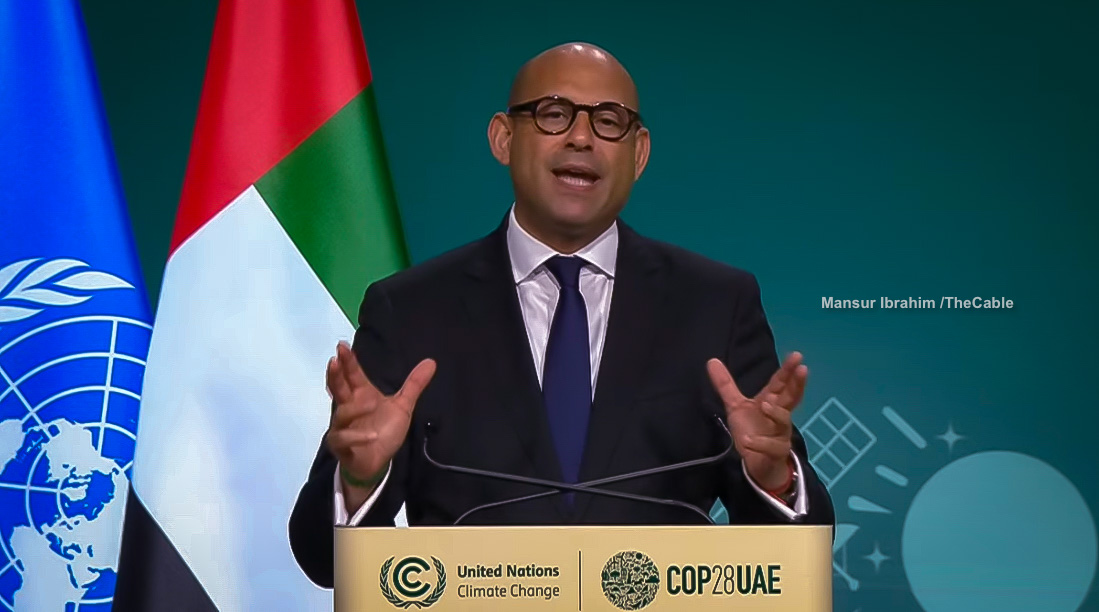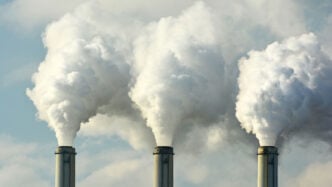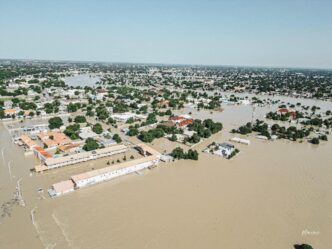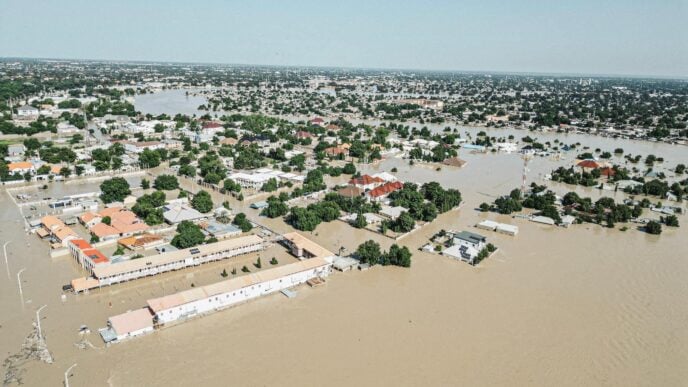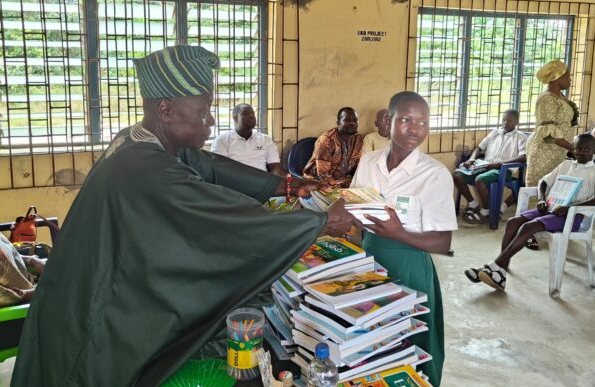Emission from a plant
Climate change directly affects our communities, health, and livelihoods. Yet, media coverage often prioritises politics and business over climate-related stories, leaving crucial environmental news underreported.
Climate Watch seeks to bridge this information gap, ensuring that important climate change stories and mitigation efforts stay on your radar.
Here is a round-up of last week’s climate stories:
- The European Union (EU) and the United Nations Environment Programme (UNEP) said they are ready to collaborate with stakeholders in Nigeria’s climate sector to tackle methane emissions. Marci Paranski, programme manager at the UNEP International Methane Emissions Observatory (IMEO), said Nigeria’s emissions reduction programme seeks to establish a national baseline for methane emissions in the country. The project, funded by the EU delegation to Nigeria and implemented by UNEP’s IMEO, will focus on the oil and gas, agriculture, and waste sectors. Read more here.
-
The UNEP said the world is set to exceed the Paris agreement of the 1.5°C limit if countries do not raise their climate ambitions in the next round of pledges by early 2025. The findings are contained in UNEP’s 2024 emissions gap report titled ‘No more hot air… please!’. The report predicted that global temperatures could rise by 2.6 to 3.1°C this century — a level UNEP noted would cause serious harm to people, the planet, and economies. Inger Andersen, UNEP executive director, said the report shows the need for countries to aim higher, as current promises are far below the levels needed to achieve 1.5°C. Read more here.
Advertisement - The Royal Commonwealth Society (RCS), in partnership with the Commonwealth Games Federation (CGF), has launched an ocean cleanup campaign. RCS said the campaign will feature a sustainability relay uniting athletes, youth, conservation groups, and local communities for country-specific weeks of action. Speaking at the launch, Linda Yueh, RCS executive chair, noted that the commonwealth is disproportionately affected by ocean pollution, hence the need for the campaign. Read more here.
-
More than 100 professional female footballers have called on the Federation Internationale de Football Association (FIFA) to halt its sponsorship deal with Saudi Aramco, an oil company, over environmental concerns. In an open letter to Gianni Infantino, FIFA president, the players questioned the company’s commitment to sustainability, given its “record of global pollution and lobbying against climate action”. They noted that FIFA’s continued partnership with Aramco is “incompatible with the sport’s equality, inclusion, and sustainability values”. Read more here.
- Balarabe Lawal, minister of environment, says there is a need for urgent and aggressive measures to combat the impact of climate change. Lawal spoke at the Commonwealth Heads of Government Meeting (CHOGM) held in Apia, the capital of Samoa, between October 21 and 26. The minister told world leaders that Nigeria has had its share of the devastating impact of climate change through flooding, degraded lands, and rising sea levels. He added that Nigeria’s positions on environment, democracy, security, and other issues were prompted by current global challenges. Read more here.
Add a comment
